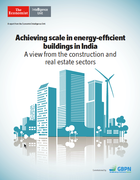There are indications that energy-retrofitted buildings can create risks for indoor environmental quality (IEQ) and therefore for health and comfort of occupants. A review was conducted to identify and verify those risks, within three themes: building envelope, heating, ventilating and air conditioning (HVAC)-systems, and occupants. Publications from the last five years in major peer-reviewed journals from different fields (energy, buildings, indoor air, social sciences) were found by using a variety of keywords (health effects, occupant behaviours, energy-efficient retrofitting, etc.).
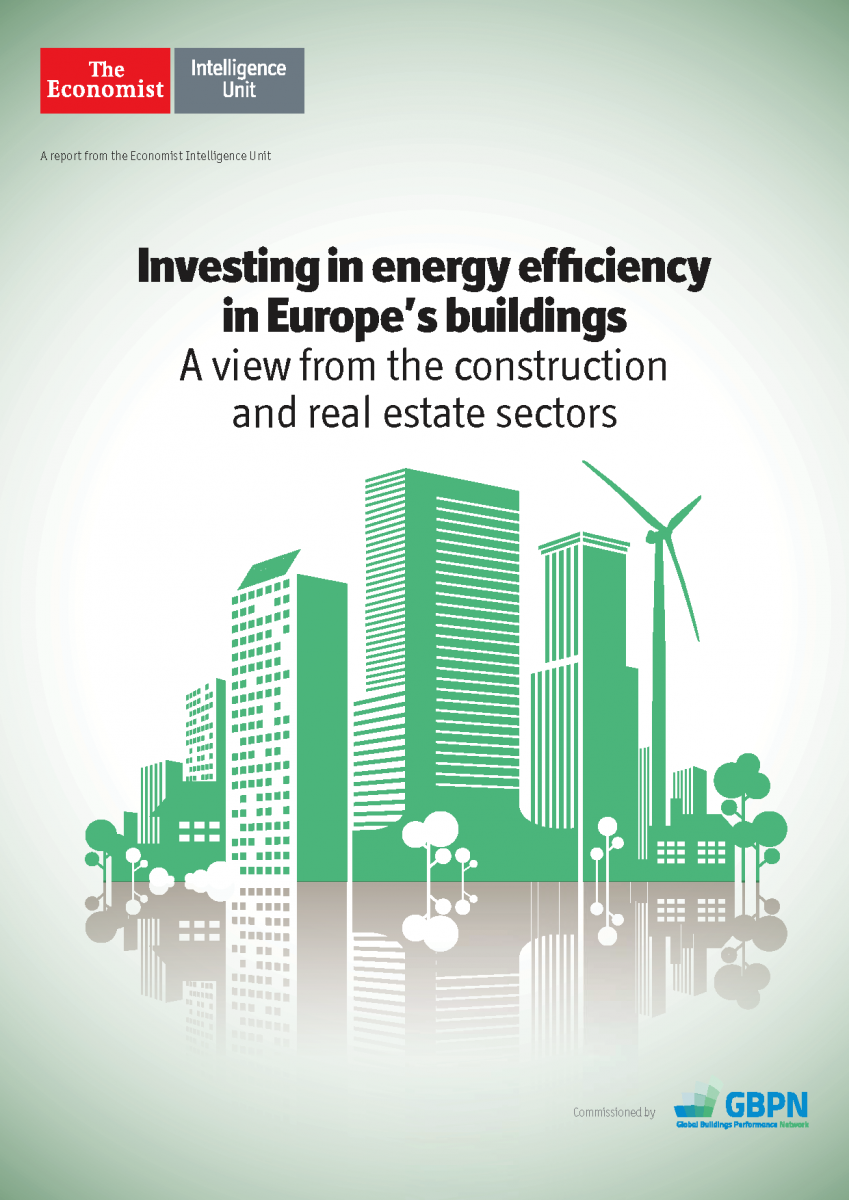 Highlights
Highlights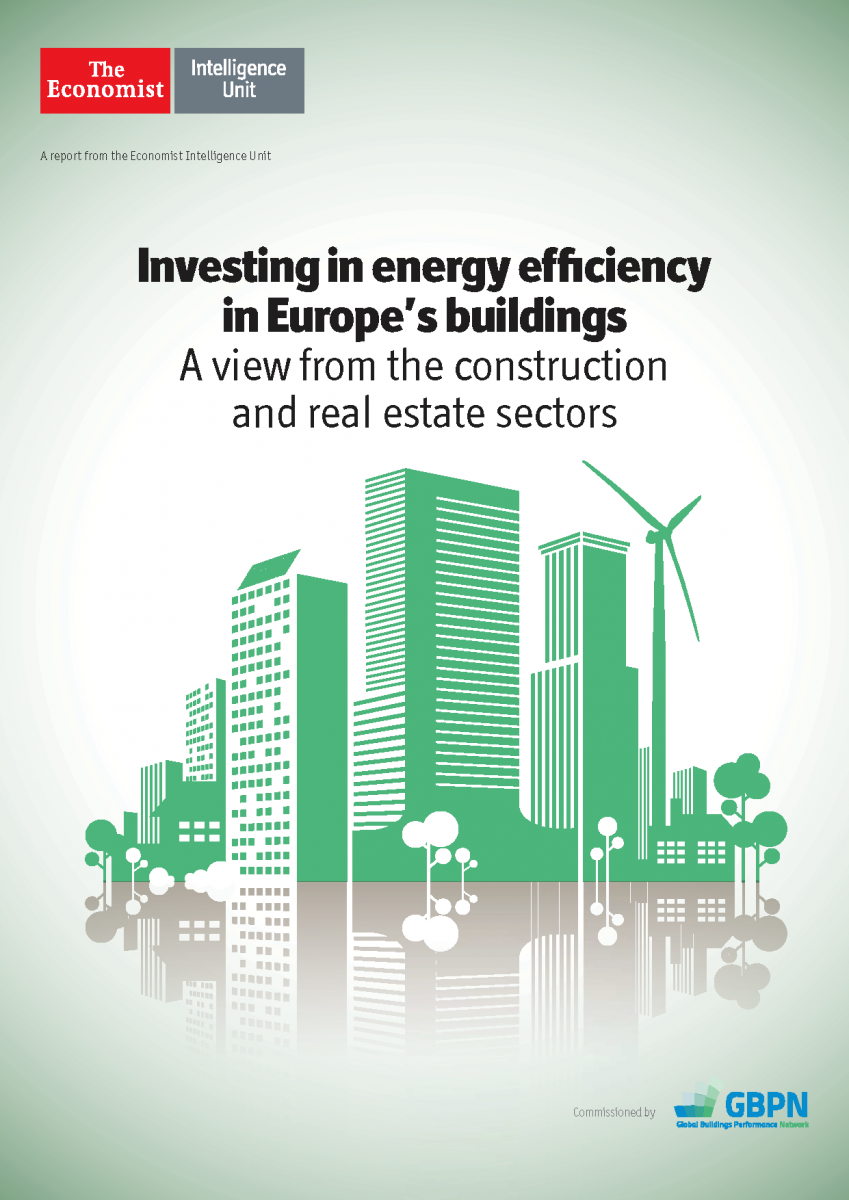
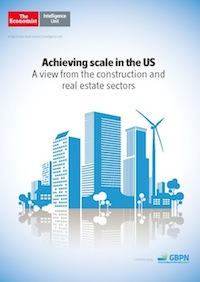 Briefing
Briefing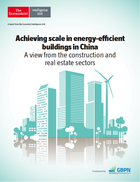 Case Study
Case Study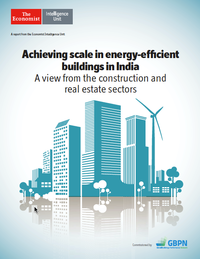
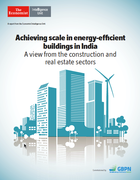 The Economist Intelligence Unit (EIU) report "Achieving scale in energy-efficient buildings in India: A view from the construction and real estate sectors" commissioned by the GBPN explains the challenges and opportunities of investing in energy efficiency in buildings in India.
The Economist Intelligence Unit (EIU) report "Achieving scale in energy-efficient buildings in India: A view from the construction and real estate sectors" commissioned by the GBPN explains the challenges and opportunities of investing in energy efficiency in buildings in India.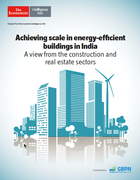 A report from the Economist Intelligence Unit (EIU), commissioned by the GBPN finds that while India’s commercial building sector has blazed the energy-effiency trail in the building sector, achieving significant scale will depend on efficiency measures becoming standard practice in the commercial middle market, retrofit and, particularly, the residential building segment.
A report from the Economist Intelligence Unit (EIU), commissioned by the GBPN finds that while India’s commercial building sector has blazed the energy-effiency trail in the building sector, achieving significant scale will depend on efficiency measures becoming standard practice in the commercial middle market, retrofit and, particularly, the residential building segment. 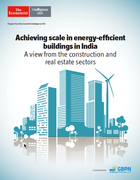 Briefing
Briefing